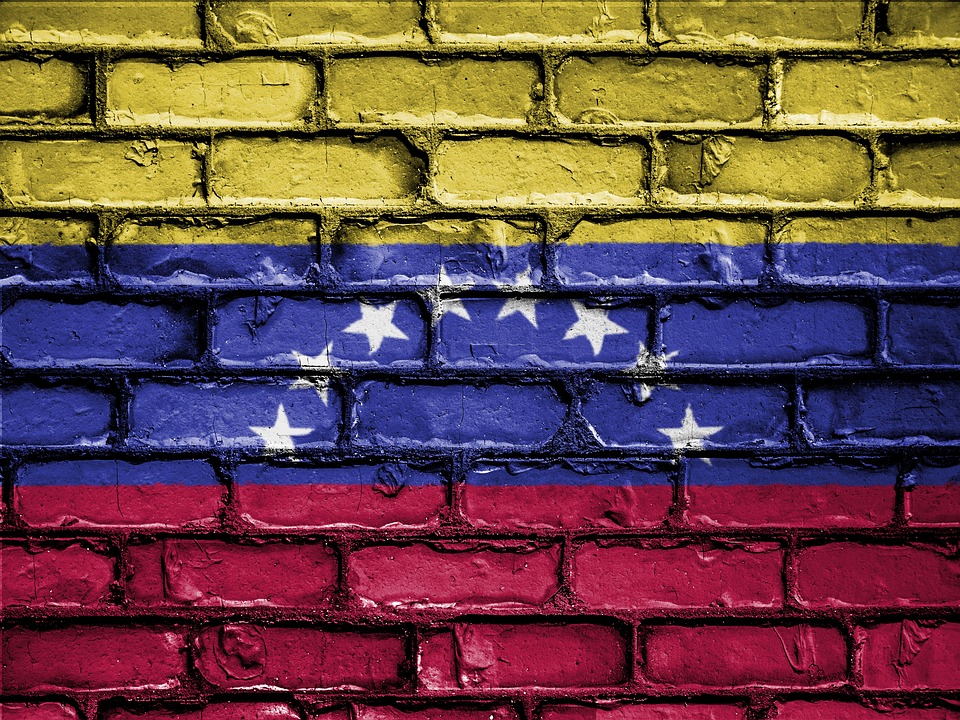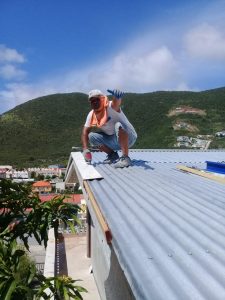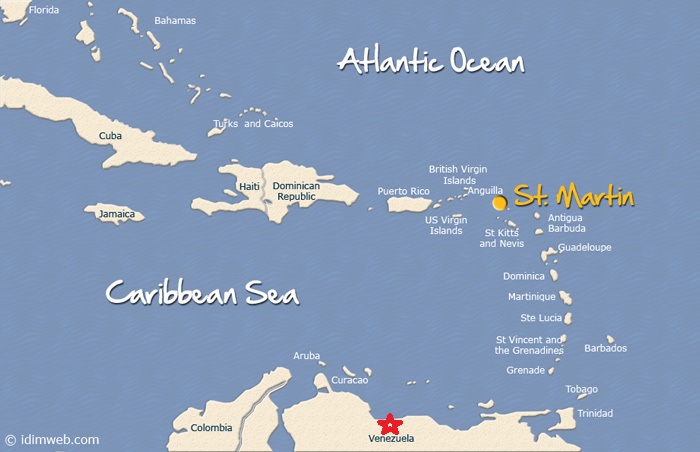Corruption follows the Venezuelan diaspora

PHILIPSBURG – According to Venezuelans in St. Maarten, corruption at home prevents Venezuelan emigrants from gaining legal status abroad. Many have requested necessary documents from Venezuela without success. “The sad thing is that it is our own people in Venezuela who abuse the situation in our country in all sorts of ways.”
In order to receive these “documentos apostillados” (copy of a marriage certificate, birth certificate, proof of good conduct), payment must be made in dollars under the table. “Millions of Venezuelans are currently living abroad illegally. Requests for documents are piling up in Venezuela, you may have to wait months, if not years, for a stamp,” says Cesar, a plumber working in St. Maarten. “To get papers quickly, you have to pay with dollars, $500 for each document.”
Transfer of dollars to a bank account in Venezuela is not possible: dollars are automatically converted into Bolivaros. The official rate is currently 1 USD = 47,248,0792 VEF. “Because I am staying illegally on St. Maarten, I cannot transfer money myself,” says Cesar. “Every month I give money to a fellow countryman who has papers and a bank account on St. Maarten. He transfers the money to my family in Venezuela and charges a 20 percent commission for that.”
A few legal Venezuelans in St. Maarten have made it their business to collect money from illegal countrymen and transfer amounts against payment of a commission. “But relatives in Venezuela can’t buy much with Bolivaros, they need dollars,” says Cesar. “That’s why I give money to Venezuelan couriers who constantly fly between Venezuela and St. Maarten, Curaçao, Aruba and Bonaire and they take it for cash pick-up by family in Venezuela. They also arrange the payment for the documentos apostillados in dollars. This for a hefty fee of course.”
For money everything is for sale, also on St. Maarten, claims the Dominican Milagros (46), who lives next to undocumented Venezuelans. She is also illegal herself, since she lost her job as a cook thus resulting in the loss of her medical insurance. She does have valid residence papers for Bonaire, she says. “But I want to stay on St. Maarten. It is much nicer here.” She is looking for a financial guarantor. “The legalization process on St. Maarten costs around $ 5,000,” says Milagros. Her Nicaraguan friend agrees. “First someone, or a company, must sign for you. Then you pay.”
Their Venezuelan acquaintances insist that a guarantee is not sufficient for them. “It is extremely difficult for us to get the required documents from Venezuela on time. The sooner you need them the more dollars you have to pay. And then the question is whether the documents will arrive on St. Maarten within the stipulated period.”
 Last year, more than half of the Venezuelans illegally staying on St. Maarten decided to return home. “Many of them didn’t have much luck on the island,” says Santiago, a qualified electrician. “I have seen friends struggle because employees on the island did not pay them the money they had worked for. A contractor in Middle Region owes a friend of mine two months’ payment, $60 a day. Others have also been fooled by contractors.”
Last year, more than half of the Venezuelans illegally staying on St. Maarten decided to return home. “Many of them didn’t have much luck on the island,” says Santiago, a qualified electrician. “I have seen friends struggle because employees on the island did not pay them the money they had worked for. A contractor in Middle Region owes a friend of mine two months’ payment, $60 a day. Others have also been fooled by contractors.”
His friends returned to Venezuela empty-handed, Santiago says. “They have a very difficult time there because of the scarcity of food and the ever-increasing inflation. On the black market you pay at least 25 percent for a dollar on top of the official rate. You cannot survive in Venezuela without dollars. Almost everything that is available in products is imported and therefore very expensive. I send money to my family, and also to friends – in the first place to a friend who became blind on St. Maarten and who needs money for an eye operation.”
He reluctantly accepts that part of his money transfers goes to some well-to-do countrymen.
A middle man in Venezuela loaned him money for the trip to St. Maarten, via the Dominican Republic and Guadeloupe. “He bought the ticket for me, and charged me $300 extra.” Santiago got the loan because he had worked in Curaçao, at the construction of Sambil, a good paying job that lasted three months. “A friend of mine recommended me for the loan. I have to pay the middle man the total amount back with 25 % interest. If I skip a payment I am in trouble; his men will come looking for me in St. Maarten and my family in Venezuela will not be safe. Luckily I have been able to pay back two thirds already, so I think we will be fine,” Santiago says. Adding: “The saddest thing is that it is Venezuelans who do this, who use and abuse the misery of their countrymen. It is currently all corruption in Venezuela.”

###
Related articles:
Hundreds of illegal Venezuelans leave St. Maarten


























